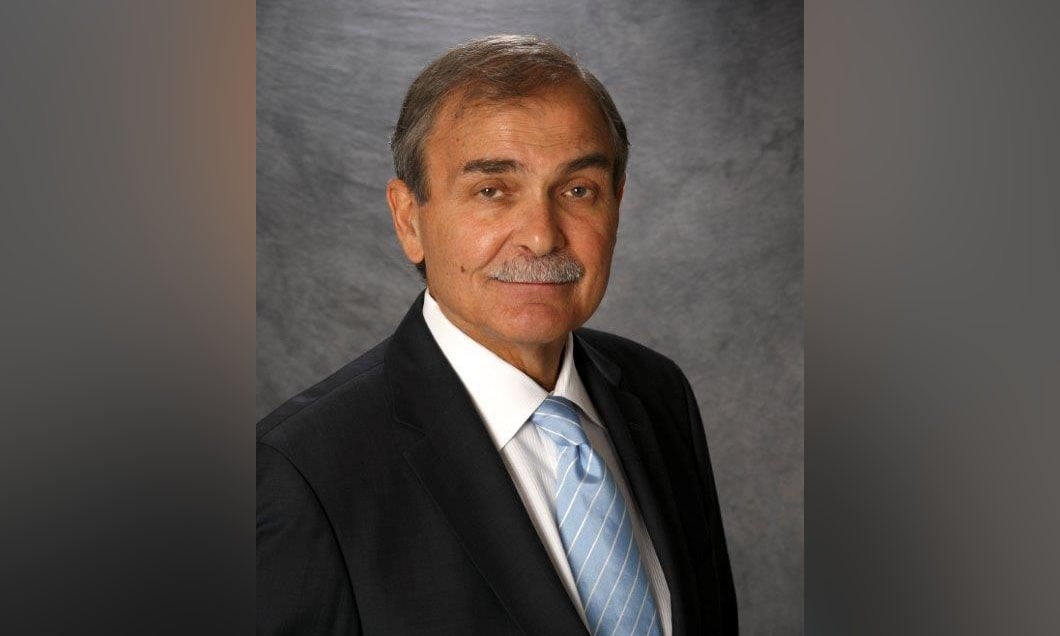
In-person proceedings should only be permitted if 'absolutely necessary,' says letter to officials

A group of lawyers, judges and courthouse employees have signed a letter calling on the Government of Ontario to shut down in-person court proceedings unless they are “determined to be absolutely necessary,” due to the drastic rise in COVID infections and the provincial stay-at-home order.
The letter states that Ontario’s daily infection rates are now higher than they were when the measures being requested were implemented during COVID’s first wave in March. As demonstrated in spring and summer, remote hearings and appearances are effective and “permit access to justice in correct balance with public safety,” said the letter.
“There have been 117 positive COVID-19 cases in the Ministry of the Attorney General, including over 100 in the courts,” says Tony Loparco, president of the Ontario Crown Attorneys Association. “More importantly, over half of the number of positive cases in the courts have occurred since December.”
“This would suggest that Premier Ford is absolutely correct when he says, ‘This is getting out of control and we have to do whatever it takes.’ Remote courts using technology to keep the justice system going is the least that can be done to limit the spread of the COVID virus.”
As of Thursday, Ontario is under a stay-at-home order. The province has required Ontarians only leave home for grocery-shopping, going to the pharmacy or doctor, for exercise or work which cannot be done remotely.
An evolving understanding of the science is another factor in why a cessation of in-person court appearances is necessary, says Paul Cavalluzzo, a constitutional, labour and administrative law lawyer and founder of Cavalluzzo LLP.
“Many of our courthouses, like many of our schools, are older and the ventilation systems are not very good,” says Cavalluzzo, who represents the Crown Attorneys Association. “We know that aerosol transmission of the virus is becoming more and more important in respect of transmissibility.”
“These associations obviously want to ensure that our citizens have access to justice. But at the same time, they're concerned about the fundamental issue of health and safety. And we believe that we can protect both values at the same time by having these virtual hearings.”
The letter is undersigned by:
Justice James Chaffe, president of the Association of Ontario Judges
Tony Loparco, president of the Ontario Crown Attorneys Association
Her Worship Veruschka Fisher-Grant, president of the Association of Justices of the Peace of Ontario
Jeremy Glick, president of the Association of Law Officers of the Crown
David McNairn, president of the Association of Justice Counsel
Steven Barrett, lawyer at Goldblatt Partners LLP
Warren Thomas, president of the Ontario Public Service Employees Union
Scott Travers, president of the Society of United Professionals
The letter was sent Wednesday and is addressed to a number of government officials including Premier Doug Ford, Attorney General Doug Downey, Minister of Health Christine Elliott and Chief Medical officer of Health Dr. David Williams.
The undersigned also call on Government to “redouble its technical support” to allow the justice system to operate remotely and ensure access to those who, either due to poverty, mental health issues or physical disability, are without access to the requisite technology.
“Where an in-person hearing is absolutely necessary – and this will be a rare and exceptional circumstance – all reasonable and necessary precautions and safeguards must be in place,” said the letter.
Melanie Webb, a criminal defence lawyer in Toronto, says she takes issue with the choice of words: “rare and exceptional circumstance.”
“’Absolutely necessary’ might be more frequent than one would imagine,” says Webb. “There are many instances in which virtual hearings may be neither appropriate nor possible.”
Not all jails have videoconferencing capability, and for those that do, how an in-custody accused conducts a privileged conversation with their lawyer over the course of the hearing is still an unsolved problem, she says.
“Even where Zoom breakout rooms are available, we don’t necessarily want to have to halt the proceedings every time the accused needs to speak with his or her counsel,” says Webb.
There are also issues affecting defence counsel, she says. When a lawyer has young children around, it is sometimes “extremely challenging, if not impossible” to conduct a Zoom trial. Defence counsel do not have access to free emergency child-care, says Webb.
Also an concern are the environments from which witnesses or the accused are testifying, she says.
“Aside the problems of ensuring that they are testifying from a quiet, undisturbed location – and one with a stable Internet connection – preserving the integrity of the proceedings, guarding against external surreptitious influences upon the witness or things that they may improperly rely upon or refer to, which we cannot see… are standard concerns.”
Webb would like to see the use of a “hybrid trial” where some of the evidence is handled over videoconference and some in-person, or where the participants are split between appearing in-person and by videoconference.
“There is no easy and simple solution here – and I think it’s important not to simply assume a default position one way or the other,” she says. “There are numerous issues to be considered, and justice system participants must be sensitive to the needs and challenges facing all parties.”